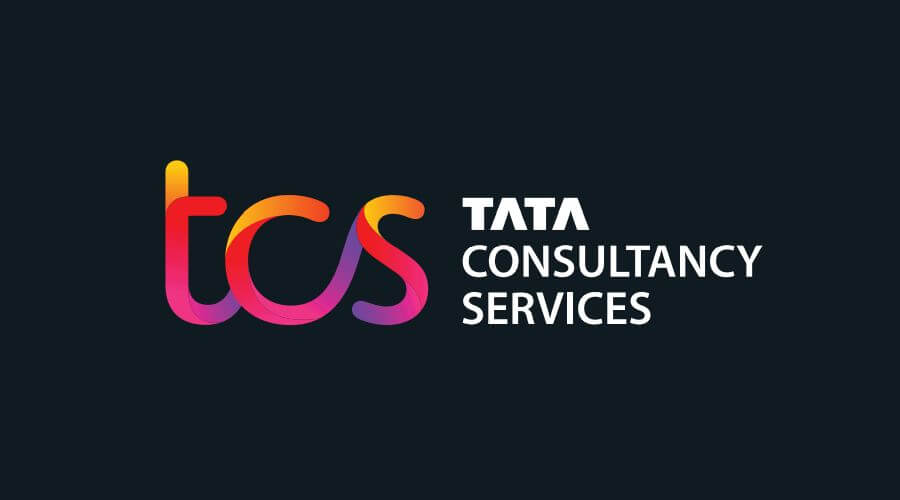TCS Job Cuts: Impact and Analysis of Recent Layoffs Affecting Nearly 20,000 Employees
Tata Consultancy Services (TCS), a global IT services giant, has recently undertaken a significant workforce reduction, impacting nearly 20,000 employees in the quarter ending September 2025. This move, characterized as the company's steepest-ever job cuts, has sent ripples across the Indian IT sector and raised concerns about the future of employment in the industry.
Scope and Rationale
The company's employee count has dropped to 593,314 in September, which is 19,755 less than the 613,069 employees recorded in the June quarter. This reduction marks a 3.2% decrease from the previous quarter and the first time since 2022 that TCS's workforce has fallen below 600,000. While TCS officially announced plans to reduce its global workforce by approximately 2% (around 12,261 employees) by March 2026, the actual number of employees impacted in the recent quarter has exceeded initial projections.
TCS has attributed the layoffs to a strategic restructuring aimed at aligning the company with future-ready technologies, including artificial intelligence (AI) and automation. According to TCS Chief Human Resources Officer (CHRO) Sudeep Kunnumal, the restructuring primarily targets mid- and senior-level roles affected by a "skill and capability mismatch". The company aims to create a "future-ready organization" by investing in technology, AI deployment, market expansion, and workforce realignment.
Impact on Employees
The layoffs have created an environment of anxiety and uncertainty among TCS employees. While TCS states that approximately 1% of the workforce (around 6,000 employees) were laid off as part of the restructuring, employee unions claim the actual numbers are much higher and allege that the company is under-reporting the extent of the job cuts.
There have also been reports of "forced resignations" and pressure tactics used by the company, with some employees alleging harassment from HR before termination. Alagunambi Welkin, general secretary of the Union of IT and ITES Employees (UNITE), claimed that TCS is using "coercion and pressure tactics" to force employees to resign and threatening to withhold salaries, provident fund, and gratuity payments.
TCS, however, insists that these speculations are incorrect and misleading and that the affected employees have been provided with due care and severance packages. The company has earmarked ₹1,135 crore towards severance payouts and other restructuring-related expenses for the quarter. Severance packages are being offered based on service length and skill obsolescence.
Industry Trends and Analysis
The TCS layoffs reflect broader trends in the IT industry, including the increasing adoption of AI and automation, slowing demand for traditional IT services, and cautious tech spending by clients. Analysts at Citi noted that the layoffs reflect a subdued business outlook, pointing to weak global demand and tightening tech budgets.
Several other IT companies are also implementing "silent layoffs" through performance-linked exits, reduced hiring, and delayed promotions. Experts estimate that the number of dismissals in the tech industry could reach 50,000 or more by the end of the year.
The layoffs at TCS also highlight the need for employees to continuously upskill and reskill to remain relevant in the changing job market. TCS is focusing on hiring talent with "future-relevant skills" such as AI, machine learning, and cloud computing.
Conclusion
The recent layoffs at TCS represent a significant restructuring effort by the company to adapt to the evolving technological landscape and changing market demands. While the company aims to create a more agile and future-ready workforce, the layoffs have had a significant impact on employees, creating anxiety and uncertainty. The situation underscores the challenges and transformations within the IT services sector, emphasizing the need for continuous learning, adaptation, and a proactive approach to career development for those in the industry.















